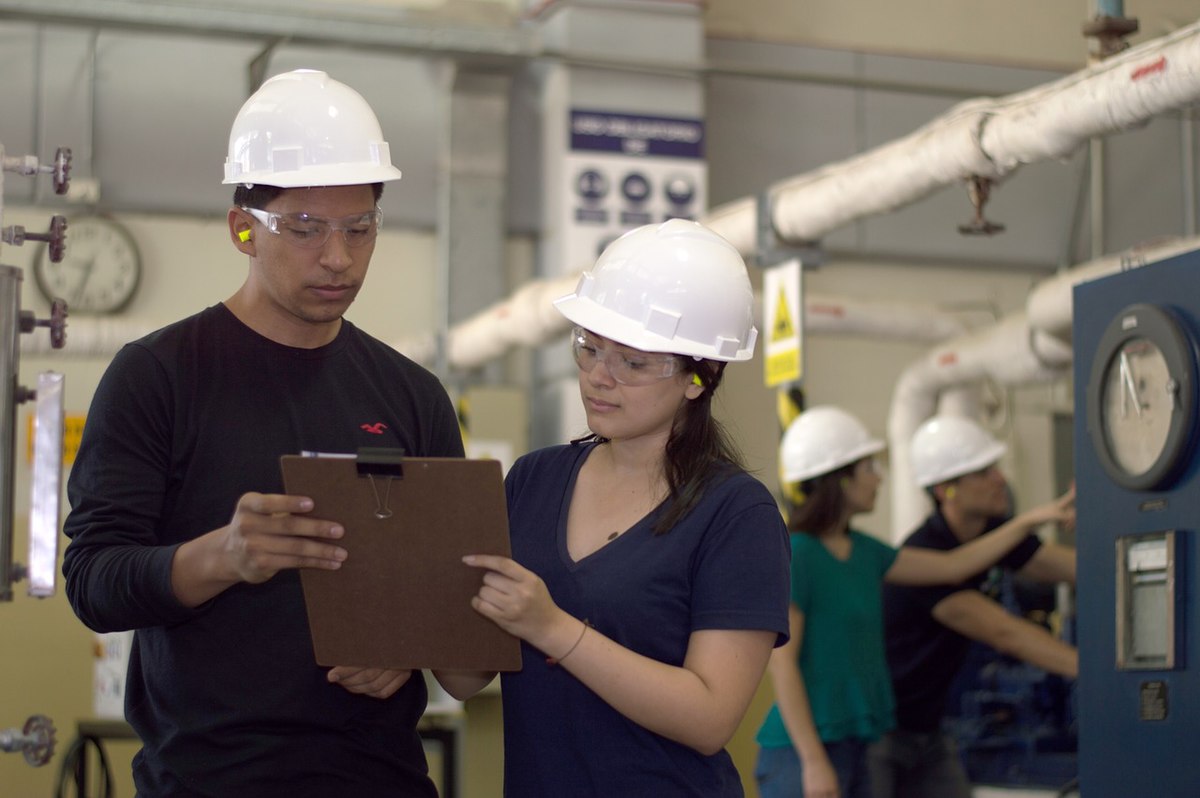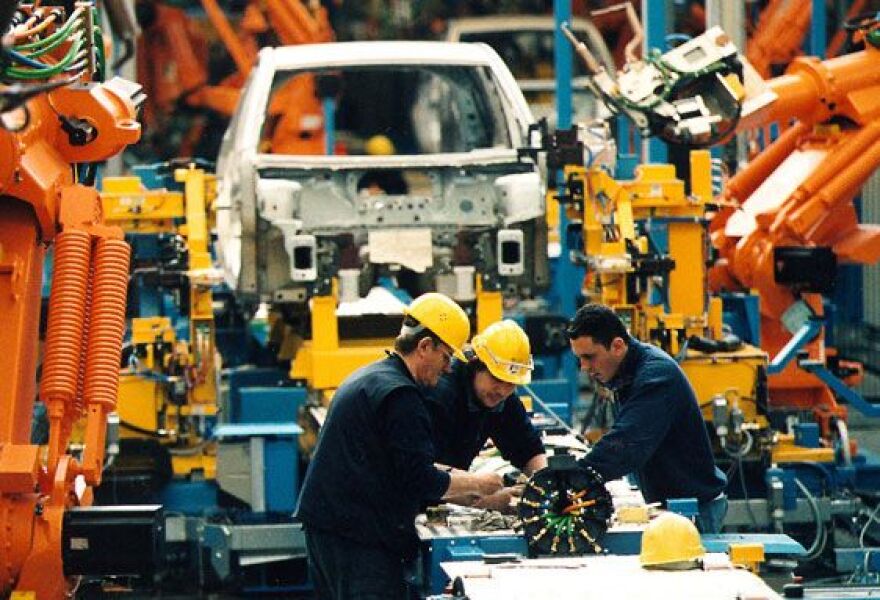Home office job as industrial economist
Published

Die Industrial economics is a branch of economics that deals with the analysis of market structures, market behavior and competition in various industries. Essentially, industrial economics studies how companies in different industries interact with each other and how these interactions affect market structures and outcomes.
Industrial economics can be divided into two main areas: theoretical industrial economics and empirical industrial economics. Theoretical industrial economics uses mathematical models and theoretical considerations to examine the behavior of companies in various market structures. Empirical industrial economics, on the other hand, uses data and statistical methods to examine real market conditions and company behavior patterns.
Some topics studied in industrial economics are the formation of cartels and oligopolistic market structures, the effects of mergers and acquisitions on competitive intensity, pricing and pricing power of firms, and regulatory and competition policy. Industrial economics is relevant to many industries, including telecommunications, energy, transportation, retail, healthcare, and many more.
What activities does an industrial economist handle?

Those : planitplus.net
An industrial economist typically conducts a combination of theoretical and empirical research to analyze market structures and behavior and make recommendations to companies, governments, or regulators. Here are some specific activities an industrial economist can perform:
- Analysis of market data: An industrial economist collects and analyzes data on market prices, quantities, cost structures and other market parameters.
- Development of market models: An industrial economist uses economic models to simulate market dynamics and corporate behavior patterns.
- Competitive Analysis: An industrial economist studies how companies in an industry interact and how those interactions affect competition and prices.
- Strategy Consulting: An industrial economist can advise companies on how to improve their business strategies to be more competitive.
- Regulatory Analysis: An industrial economist studies the impact of regulatory actions on companies and markets and makes recommendations to regulators.
- Reports and expertise: An industrial economist can be used as an expert in legal disputes or antitrust investigations to assess the impact of behavior or decisions on competition.
- Teaching and research: An industrial economist can also work in academia and conduct teaching and research to expand the theoretical foundations of industrial economics.
How much does an industrial economist earn in Switzerland?

Those : en.wikipedia.org
The salary of an industrial economist in Switzerland depends on various factors, such as the position, professional experience, employer and region. According to a salary survey by Payscale.com, the average annual salary for industrial economists in Switzerland is around CHF 90,000 to CHF 130,000. Beginners in this profession can expect a salary of around CHF 70,000, while experienced industrial economists with more than 10 years of professional experience can earn a salary of CHF 160,000 or more.
How much does an industrial economist earn in Switzerland?

Those : michiganradio.org
The salary of an industrial economist in Germany depends on various factors, such as the position, professional experience, employer and region. According to a salary survey by Lohn.de, the average annual salary for industrial economists in Germany is around 70,000 euros to 95,000 euros. Beginners in this profession can expect a salary of around 45,000 euros, while experienced industrial economists with more than 10 years of professional experience can earn a salary of 120,000 euros or more.
What training is required to become an industrial economist?
As a rule, a university degree in economics or business administration with a focus on industrial economics is required to work as an industrial economist. A doctorate in the field of industrial economics or related areas is often expected. Various courses can lead to training as an industrial economist, such as industrial engineering, business mathematics, business information technology or industrial economics.








